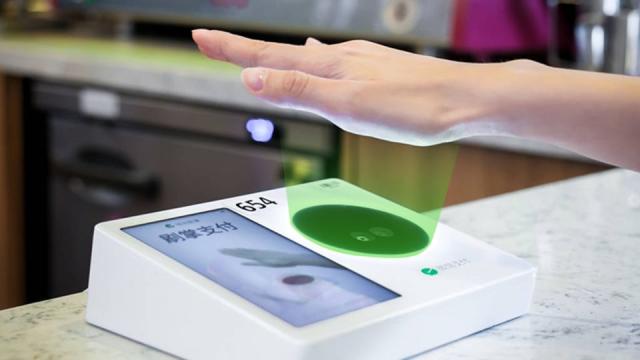In response, Tencent told CNN that security and privacy are its utmost priority. Users’ biometric data is stored on the cloud and encrypted for security, it said.
Guo emphasized that the scanning service was available to users strictly on an opt-in basis, and allowed users to set their own spending limits for authorized payments. The company declined to disclose how many users it had.
The way Guo sees it, carrying a physical object is actually more unsafe. “You can lose it accidentally, and if you do, someone else will have it, right? In fact, it’s quite insecure,” he argued. “So we are thinking that perhaps in the near future, these physical [items] will no longer be needed.”
Kate Xue, a user of Tencent’s palm scanning service at a Supermonkey gym in Shenzhen, said she wasn’t too worried about the possibility that her data could fall into the wrong hands.
“I think it’s inevitable,” she told CNN of the potential for misuse. “In the future, if we are going to accept AI or more technological changes, I think everyone’s information is going to be shared.”
